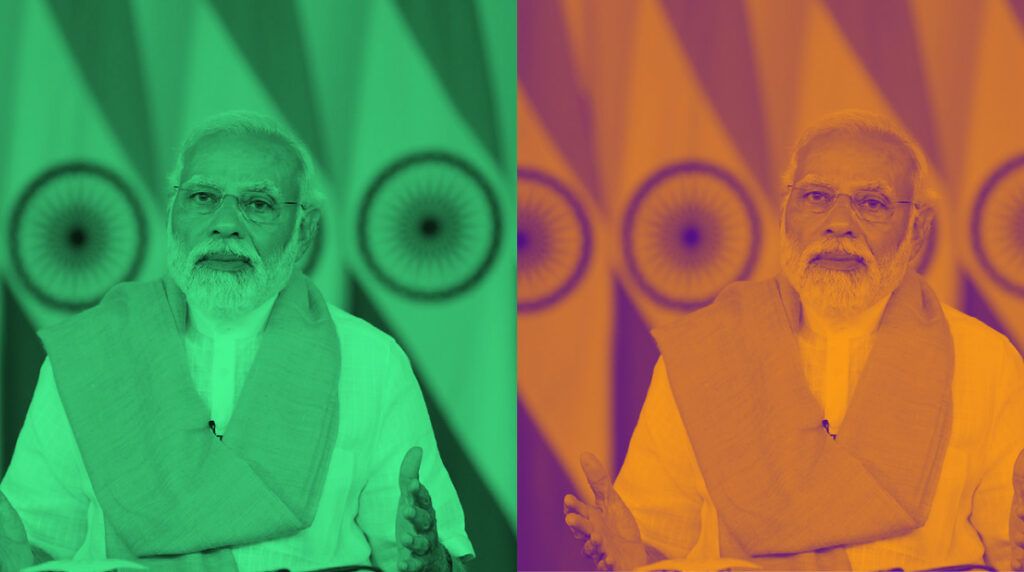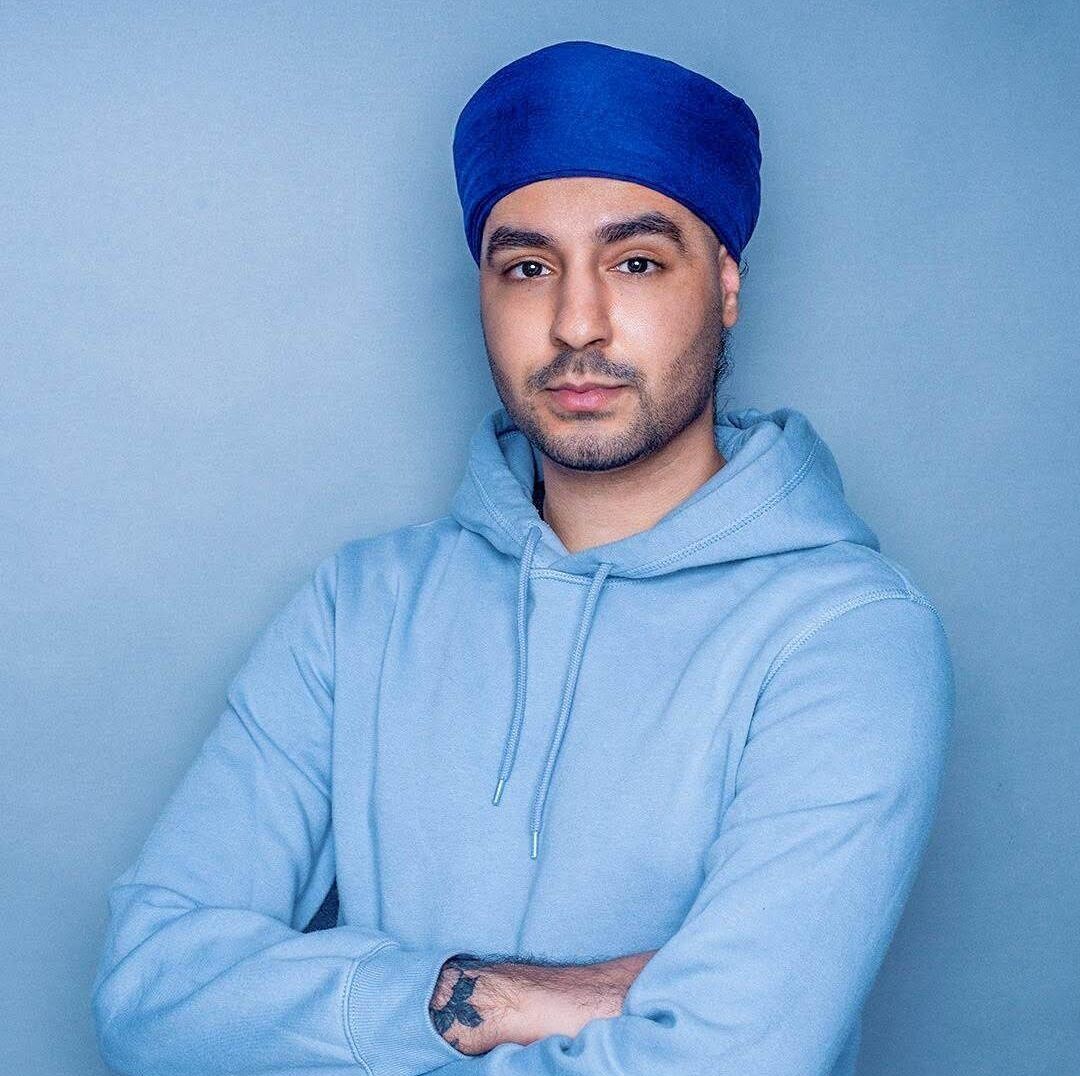India’s IT Rules & New Amendments: ‘A Threat to Freedom of Expression’
Angrej Singh / Jun 29, 2022Angrej Singh is pursuing a Master's degree in journalism at the Craig Newmark Graduate School of Journalism at CUNY, and is an intern at Tech Policy Press.

In May 2021, India implemented new rules concerning technology platforms and digital media that many human rights observers feared would give the government new powers to limit free expression. Now, just as the Ministry of Electronics and Information Technology has proposed amendments that would appear to further increase government control over social media platforms, a wave of removals has targeted posts by journalists, civil society groups and foreign governments.
Technology companies, such as Twitter and Facebook, are required to take action against content deemed to violate the new IT rules.
- On June 26, Washington Post journalist and opinion columnist Rana Ayyub’s account was withheld in India by Twitter after she criticized a local court's judgment allowing the survey of a mosque that she says sets the stage for the “demolition of yet another mosque in India”.
- CJ Werleman, global correspondent for Byline Times, received the same notice a week ago. His account was withheld on the request of the Indian government for spreading "anti-India propaganda". This is “part of an unacceptable new trend of censorship on social media,” the Asia desk of Committee to Protect Journalists stated in a tweet.
- On June 27, British Pakistani journalist Murtaza Ali Shah, reporter at GEO News and The News International, received a notice of his account being withheld in India under local laws.
- On June 28, Twitter withheld the accounts of Pakistan Embassies in UN, Turkey, Iran, and Egypt. “Diminishing space for plurality of voices and access to information in India is extremely alarming,” said Asim Iftikhar Ahmad, spokesperson at the Ministry of Foreign Affairs, in a tweet. This comes after the Ministry of Information and Broadcasting blocked 16 YouTube news channels. 10 India-based and 6 Pakistan-based channels were blocked for "spreading false, unverified information to create panic, incite communal disharmony, and disturb public order in India."
- On the same day, Kisan Ekta Morcha, Sikh Press Association, Jakara Movement, Amaan Bali, and Tractor 2 Twitter’s accounts were withheld in India in response to a legal demand. These accounts played an important role in highlighting Sikh issues, the voices of farmers, and the amendment of farmer laws in India.
- A song released posthumously by murdered Sikh rapper Sidhu Moose Wala was removed from YouTube following a legal complaint from the government. The video highlighted the water dispute of Sutlej-Yamuna Link (SYL) canal in Punjab and the 1984 Sikh genocide. At the time of the removal, the video had 27 million views.
- A day before, Mohammed Zubair, co-founder of Alt News, a fact checking site that focuses on mis- and disinformation on social media and mainstream media, received the same email from Twitter in which it cited India’s IT rules. Zubair was arrested on Monday in relation to tweets that were allegedly considered objectionable. Zubair is a critic of Indian Prime Minister Narendra Modi, his ruling Bharatiya Janata Party (BJP), and of Hindutva supremacists. He is held in custody until July 2.
All of the tweets from these accounts are unavailable in India, but can be seen elsewhere.
The account withholding notices come amid the proposed amendments to 2021’s IT rules, the Intermediary Guidelines and Digital Media Ethics Code implemented by the Ministry of Electronics and Information Technology.
Experts, such as Apar Gupta and Prateek Waghre of the Internet Freedom Foundation, are concerned about the proposed changes, despite the general thrust being similar to last year’s proposal. “The rules at present are being made more severe for social media platforms and are making the government increase its control over platforms,” Gupta said. “It's much more of a design of political control as opposed to constitutional objectives,” he added.
The draft suggests the establishment of a “Grievance Appellate Committee” appointed by the government to adjudicate complaints against-- and appeals-- over the decisions of social media platforms. A person with a complaint about content can address it to the Committee, rather than the platform. Platforms are required to resolve all grievances within 72 hours.
Language in the amendment (Rule 31b) vaguely suggests social media platforms must pursue more proactive measures to take down offending content, which may lead to more aggressive reliance on automated content moderation systems. However, “automated content filtering systems are error-prone, have inherent biases and prejudices, and threaten free and legitimate speech,” said Neeti Biyani, policy and advocacy manager at the Internet Society. “They can filter out unrestricted content, and more often than not result in over-removal of content.”
The other insertion is that social media entities should respect the fundamental rights of users under the Constitution of India. However, given that fundamental rights only apply to public or state authorities in India, and there is consistent precedent from the Supreme Court of India, “applying it to a private platform may seem attractive, but when done without reasoning that it may be providing a public function, specially under a delegated piece of legislation is legally suspect and opens a pandora's box,” said Gupta, the executive director of the Internet Freedom Foundation. Waghre has compiled a list of incidents where law enforcement agencies have taken action on the basis of content posted on social media.
“The IT rules that came into effect last year arrived amid deteriorating relationships between the Hindu nationalist BJP government in India and technology companies in Silicon Valley whereby companies would often reject censorship orders,” said Kian Vesteinsson, a research analyst for technology and democracy at Freedom House.
Hello @Twitter ,what exactly is this ? pic.twitter.com/26rRzp0eYu
— Rana Ayyub (@RanaAyyub) June 26, 2022
The regulation set broad obligations on social media companies with over five million registered users, such as Twitter and Facebook, to control online content, often in the interests of the government. These obligations mandated companies to remove unlawful content within 36 hours of being notified of that content. “Unlawful here covers a broad array of really vaguely defined provisions, for instance speech that undermines public order, or decency, morality, the country's sovereignty, integrity and security, so really expansive definitions of what online content is prohibited,” Vesteinsson said.
It also sought to undermine end-to-end encryption, and retain personal data in India. The move to undermine end-to-end encryption would enforce traceability, if requested by the government, enabling the identification of the first originator of content on applications such as WhatsApp. “Traceability breaks end-to-end encryption, undermines user privacy, threatens data confidentiality, goes against the principle of data minimization, and may create room for government overreach and censorship,” said Biyani of the Internet Society. However, the traceability mandate is currently being challenged in court.
“Provisions like these increase costs for companies that may seek to push back against unjust censorship demands, forcing companies to put their staff on the line to protect free speech is a tactic that governments increasingly use to tighten their grasp over online expression.” Vesteinsson said.
As a result of the IT rules, social media companies, excluding start-ups, were required to open offices in India and appoint local resident grievance officers as ‘intermediaries’ who are tasked with complying with takedown orders from any government agency within 36 hours. They can be held personally liable and face prison terms of up to seven years for failing to comply. These intermediaries supervise ‘grievance redressal teams’ in which users can send them complaints and they have to address them within 15 days as per their own content moderation guidelines. Under new proposed amendments, the time to address users’ complaints is extended to within 72 hours.
The potential transition from restricting content based on individual user complaints to the platform or referrals from the government to proactive monitoring for the removal of content, enabled by a government bureaucracy, presents an incredible danger for online expression in India, according to Vesteinsson.
The IT rules have led other countries such as Bangladesh, Turkey & Nigeria to adopt similar measures. The IT rules and similar efforts are becoming part of a regulation playbook that governments can follow to increase their control over online speech that violates the privacy of Internet users. Amid the wave of removals under the IT rules, at this week’s G-7 summit in Germany, India signed an agreement along with other countries in which it pledged to “protect freedom of expression and opinion online and offline.” The Washington Post’s Ayyub tweeted, “is the world blind?”
“India is a norm-shaper, and must think about the responsibility it bears in setting global standards,” Biyani said.
Authors
